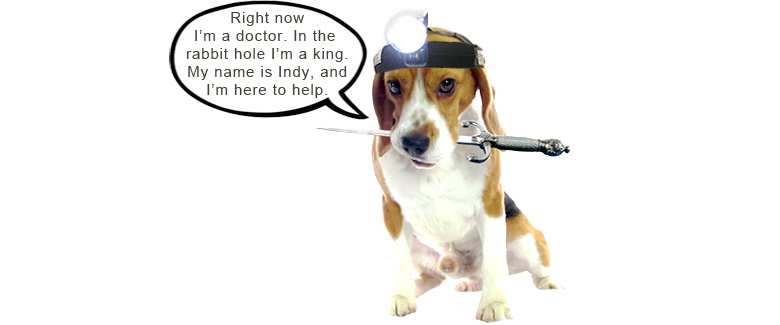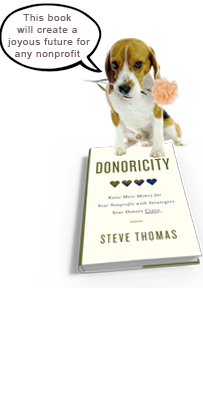
Didn’t Coca-Cola used to have the most wonderful TV ads?
But when’s the last time you saw one on TV?
Have you heard of Vitaminwater? Coke bought it for $4.1bn. Traditional soft drinks are now less than 2/3 of Coke’s business, and that percentage is likely to decline.
The problem, I think, is that we fell out of love with sweet, syrupy soft drinks. Coke saw this handwriting on the wall, so they evolved into ready-to-drink teas and coffees and juices and dairy products.
Coca-Cola knew it was time to reinvent themselves; to transform from one thing into another. This is why – after a continuing series of mistakes, failures, and course corrections – they will continue to thrive.
Reinvention is easier as an evolution, rather than an all-at-once revolution.
But this takes foresight.
Do you remember when travel agencies were a thing? If you needed to buy a plane ticket, you called a travel agent. But most travel agencies disappeared altogether because they remained in denial too long.
Changes in the marketplace are, doubtless, affecting your business. Do you have plans to evolve into what you need to be, or are you hunkered down in denial?
I happen to know a number of bright and successful church pastors across North America. Interestingly, they all say the same thing. “Gone are the days when most people attended church services every Sunday. Most people attend once a month these days, and the core congregation comes to church twice or three times a month.” But these pastors aren’t complaining and they’re certainly not lecturing their congregations about it. They’re successful because they’ve adapted to what is.
Have you adapted to what is? Or are you trying to turn back the clock, to the way it ought to be, or used to be, or the way you’d like it to be?
The customer has a way they would like it to be, too. Will you listen to them? Or will you insist they listen to you?
Is this something you’d care to discuss?
Our conversation will continue in the rabbit hole, with Judge Indy Beagle presiding.
Roy H. Williams

 Constance Dierickx is a crisis leadership consultant; coaching executives at companies like AT&T, IBM, and “Triple A” (AAA) on the mindset and actions required to guide companies through turbulent times. This week, Constance “The Decision Doctor” Dierickx shares her formula for helping business owners kick aside convention, make tough decisions, and take decisive stands in a crisis. When the going gets tough, Constance knows how to help you get going. Roving reporter Rotbart always finds the most interesting people to interview at MondayMorningRadio.com
Constance Dierickx is a crisis leadership consultant; coaching executives at companies like AT&T, IBM, and “Triple A” (AAA) on the mindset and actions required to guide companies through turbulent times. This week, Constance “The Decision Doctor” Dierickx shares her formula for helping business owners kick aside convention, make tough decisions, and take decisive stands in a crisis. When the going gets tough, Constance knows how to help you get going. Roving reporter Rotbart always finds the most interesting people to interview at MondayMorningRadio.com